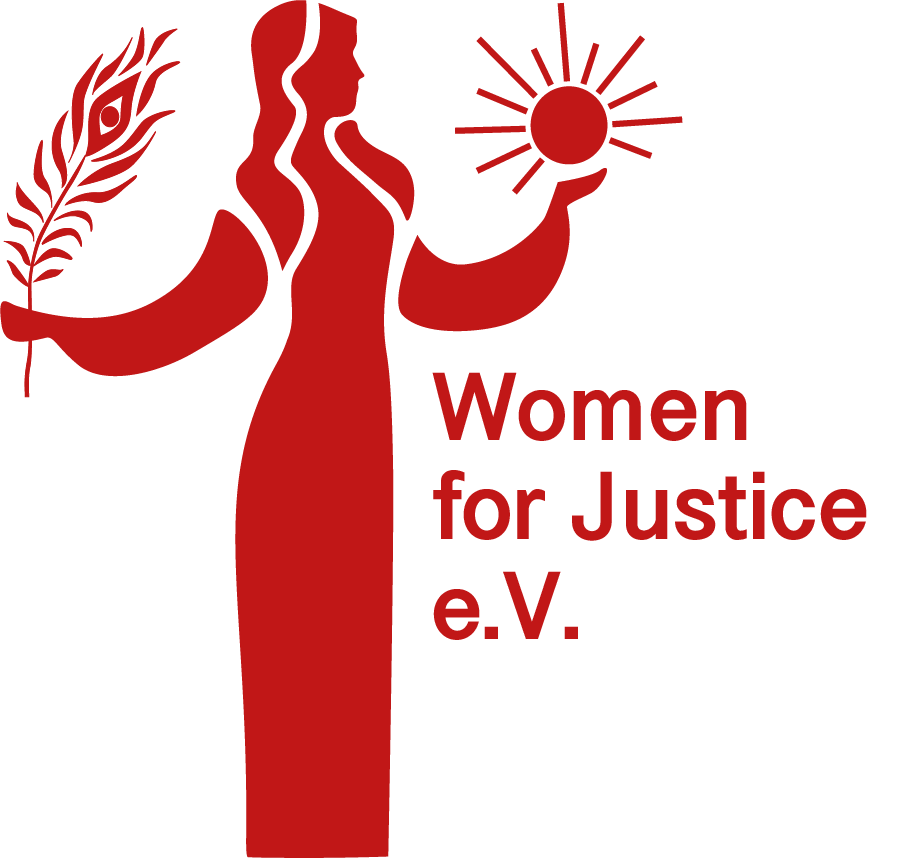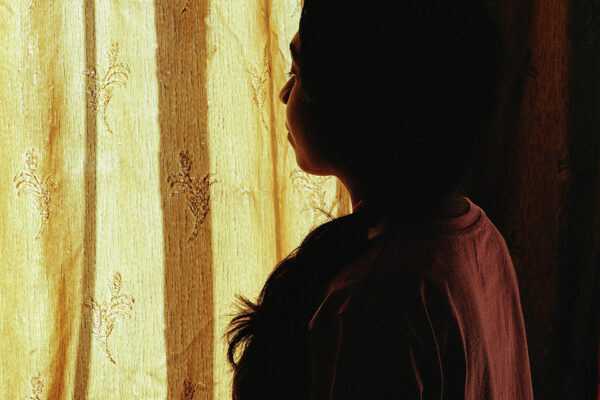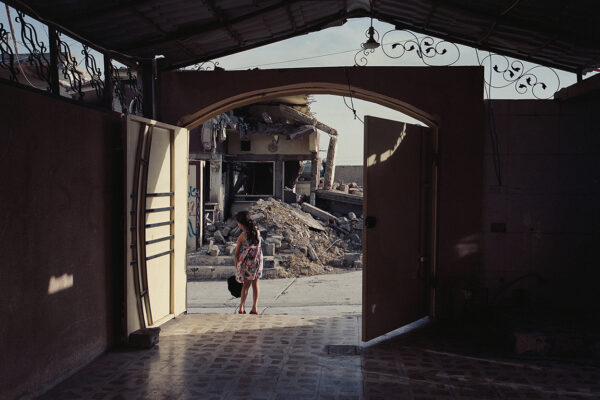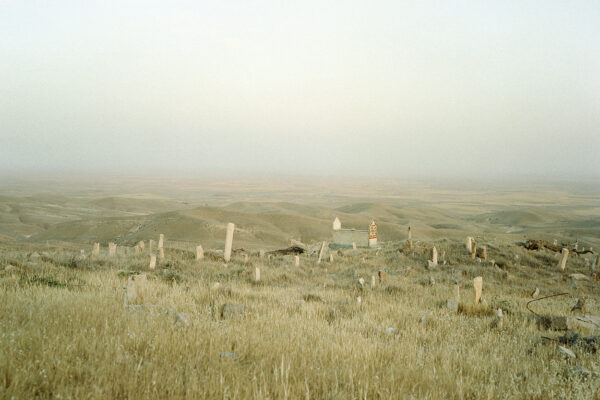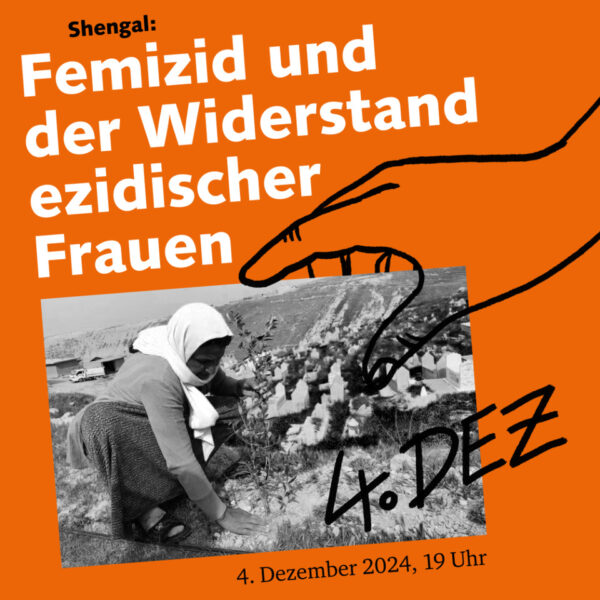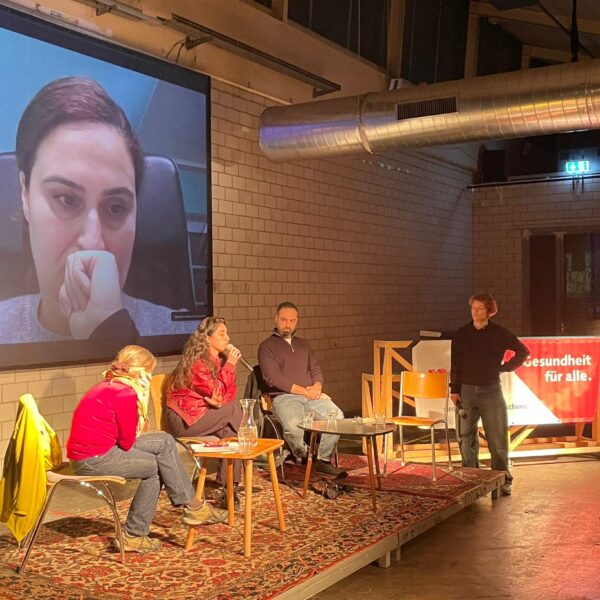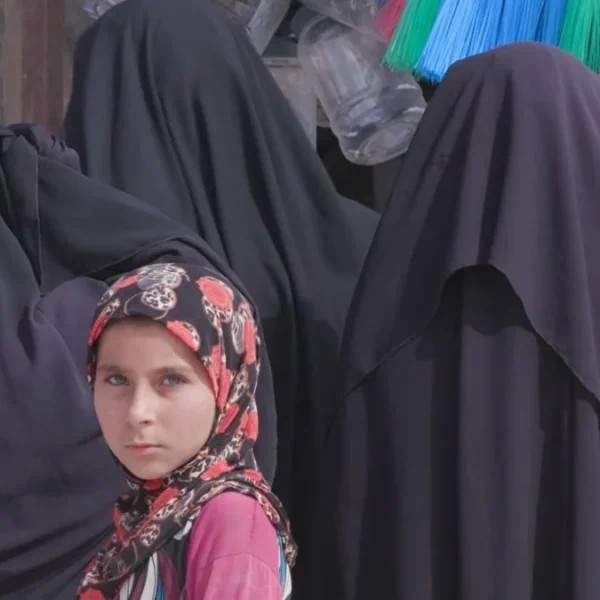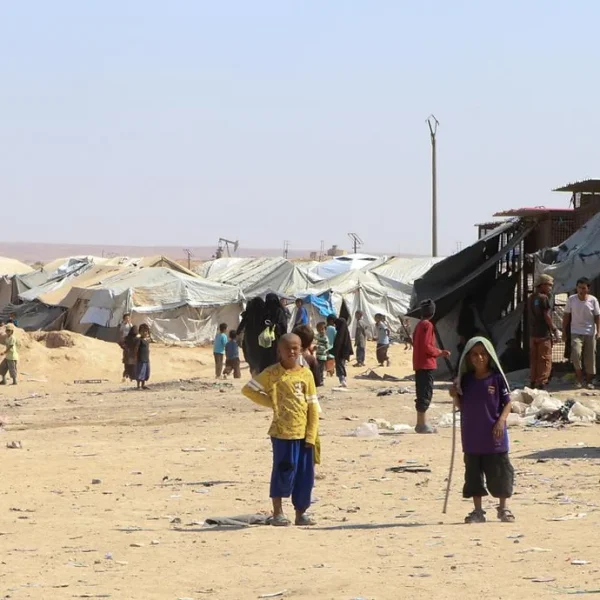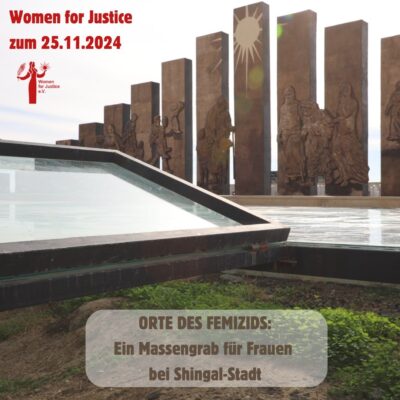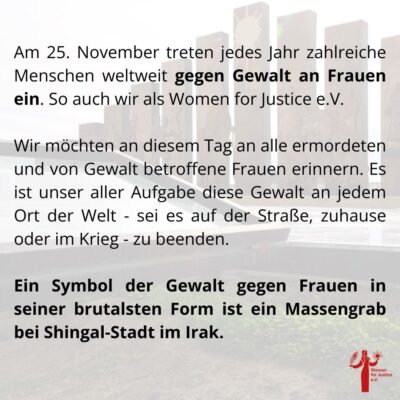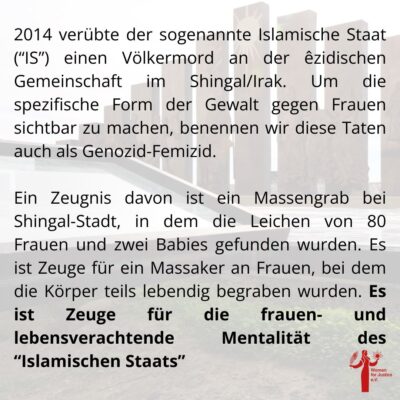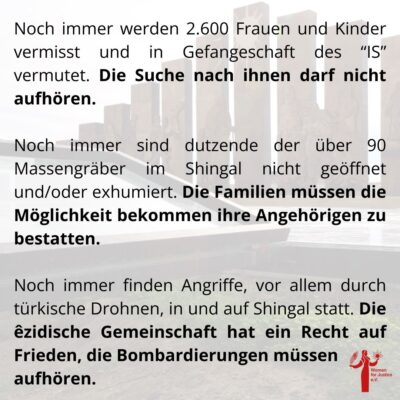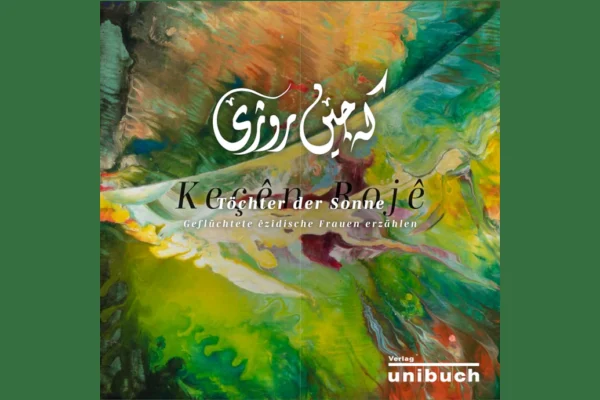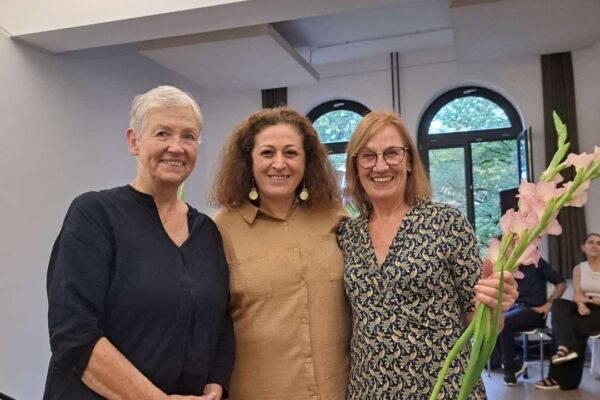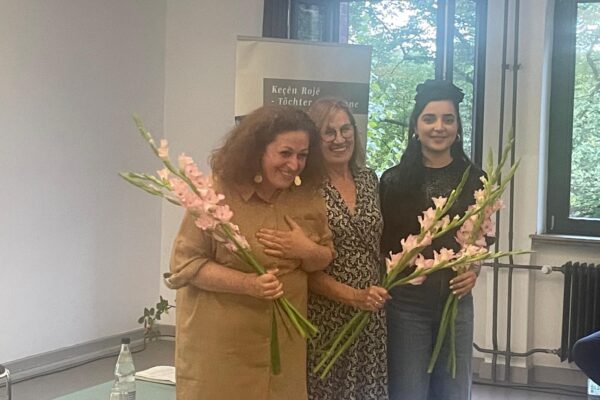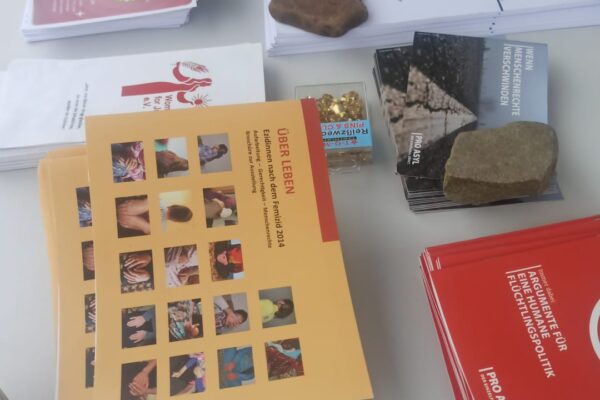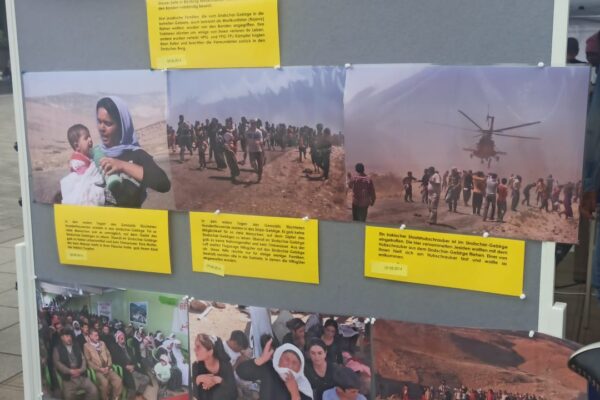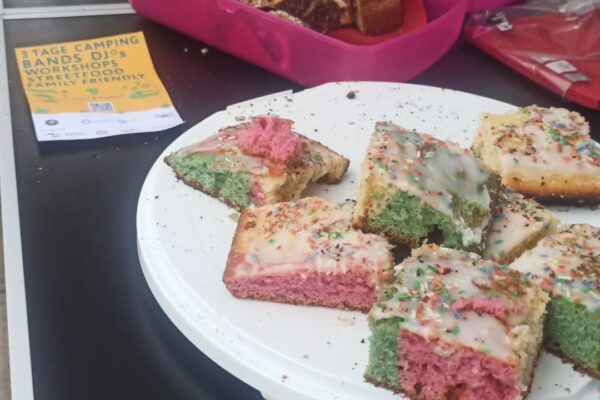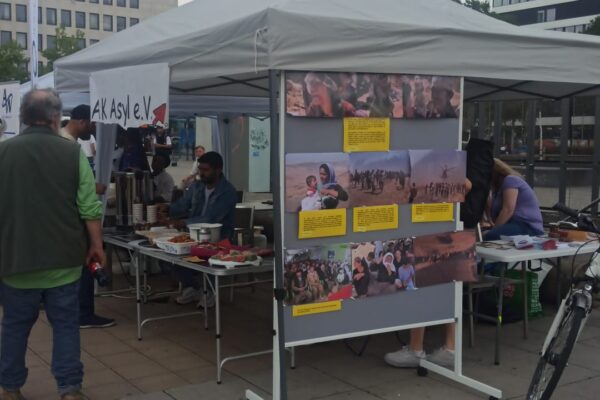November-December 2024
Events and Activities
Photo exhibition: "Sinjar My Soul, To You I Belong"
Sinjar My Soul, To You I Belong takes us on a journey into the culture and religion of the Yazidi (Ezidi) community in Sinjar after the genocide. Thousands of people were murdered in 2014 and more than 400,000 people were forced to flee their homes. In the wake of the recent wars in Ukraine and Israel/Gaza, the fate of the Yazidis (Ezidis) has received little public attention here. The series shows impressions of everyday life on the ground and gives a voice to people who hold on to their homeland.
The exhibition is based on the collaboration between photographer Miriam Stanke and anthropologist Benjamin Raßbach in spring 2021. Miriam Stanke is a freelance photographer and artist. In addition to her own photographic and multi-media projects, she works for magazines and newspapers as well as in the field of education. She currently lives and works in Mannheim.
Vernissage: Thursday, 7 November 2024, at 18.00
Finissage: Thursday, 12 December 2024, at 16.00
Location: Corridor of the Asia-Africa Institute of the University of Hamburg, Edmund Siemers-Allee 1, Flügelbau Ost, 2nd floor,
Organiser:
– German-Iranian Society in Northern Germany e. V., Hamburg
– Department of History and Culture of the Middle East (Iranian Studies) at the University of Hamburg
All dates and the idea behind the series of events can be viewed here.
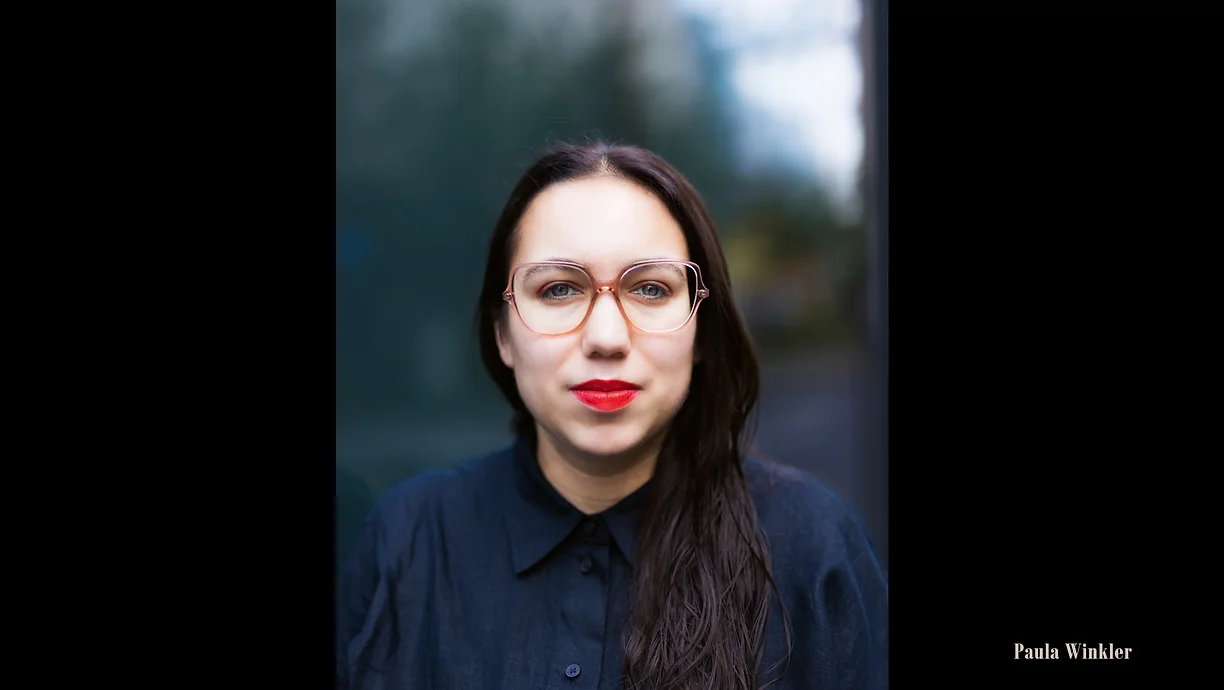
December 2024
Ronya Othmann: Writing about the unspeakable - the genocide of the Yazidis (Ezidis)
In her new book “Vierundsiebzig”, author Ronya Othmann, whose father is an Yazidi (Ezidi), writes about the history and persecution of the Yazidis (Ezidis) and the genocide in Sinjar. Othmann read from her novel at the discussion evening at the Körber Foundation.
All dates and the idea behind the series of events can be viewed here.
December 2024
Femicide and the resistance of Yazidi (Ezidi) women
On 4 December, an event entitled “Femicide and the resistance of Yazidi (Ezidi) women” took place in Zurich. It was organised by Medico International Switzerland. The speakers were Awaz Abdi, a survivor of the genocide of the Yazidi (Ezidi) population, Maja Hess, President of Medico International Switzerland, and our representative Dr Leyla Ferman.
During the event, Dr Leyla Ferman explained how the Yazidi (Ezidi) society experienced the attack by the self-proclaimed Islamic State on 3 August 2014. The attack was followed by a genocidal femicide that shocked humanity worldwide. Our association Women for Justice e.V., whose work was also presented by Dr Leyla Ferman, was also founded on this basis.
The genocide of Yazidis (Ezidis) was also a targeted femicide. Yazidi (Ezidi) women were killed and raped by “IS” fighters, around 7,000 women and girls were abducted and exploited as slaves. Many of them have been freed, but around 2700 are still in captivity or are considered missing. Yazidi (Ezidi) women are resisting this violence. Today, they play a central role in building new social structures in Sinjar and are fighting internationally for justice and against oblivion.
December 2024
Film screening and panel discussion: "The dangerous legacy of IS - a report from the Kurdish region in northern Syria"
On 3 December, the documentary film “The Dangerous Legacy of IS – A Report from the Kurdish Region in Northern Syria” by Kawa and Gulan Akrawi was shown at the Metropolis cinema in Hamburg.
Despite the territorial defeat of the “Islamic State” in Syria, the jihadist group remains a major threat. “IS” cells continue to carry out terrorist attacks from the underground. Tens of thousands of “IS” members and their families are being held in camps in the Kurdish region of Syria. However, in view of the constant threats from inside and outside, the Kurdish regional administration is completely overburdened with guarding them.
The film by Gulan and Kawa Akrawi documents the complex realities of the region. Gulan and Kawa Akrawi are Kurdish filmmakers who produce documentaries and multimedia for European and international broadcasters.
This was immediately followed by a panel discussion entitled “The dangerous legacy of IS – How can the crimes be dealt with and the perpetrators punished?”. The guests were
– Kawa Akrawi, filmmaker, who also observes and documents the current threat posed by “IS”.
– Dr Alexander Schwarz, a lawyer and co-head of the International Crimes and Legal Accountability Programme at the European Center for Constitutional and Human Rights (ECCHR) in Berlin. He specialises in sexualised violence and accompanied the first genocide proceedings in Germany based on the principle of universal jurisdiction for crimes against Yazidis (Ezidis).
– Natalie von Wistinghausen, a lawyer specialising in criminal law, represented the mother of a Yazidi (Ezidi) girl murdered by “IS” in the trial against an “IS” supporter before the Frankfurt Higher Regional Court, the first trial worldwide in which an “IS” supporter was charged and convicted of genocide and crimes against humanity.
The unspeakable crimes committed by “IS” against the Yazidis (Ezidis) have been recognised as genocide by the United Nations, the European Parliament and the parliaments of numerous countries. But to this day, the legal process has fallen short of expectations. Demands and proposals to establish an international criminal court have had no consequences. Numerous European states also refuse to take back their nationals who joined “IS” and bring them to justice in their home countries. The discussion centred on the necessity and difficulties of dealing with the crimes and bringing the perpetrators to justice.
All dates and the idea behind the series of events can be viewed here.
November 2024
Joint tree project with FC St. Pauli
On 28 November, FC St. Pauli and Women for Justice e.V. held a tree-planting campaign in memory of all Yazidis (Ezidis) who fell victim to the genocide in 2014 and the 2,600 women and children who are still missing today. The campaign is part of the “1 Tree 4 Sinjar” campaign, in which hundreds of trees and seedlings have already been donated and planted with women in Sinjar.
Our representative Dr Leyla Ferman explained the campaign: “Nature and especially trees are sacred to the Yazidis (Ezidis). For many survivors, rebuilding their homes is also a matter of justice. With the ‘1 Tree 4 Sinjar’ campaign, we want to commemorate thousands of murdered people and the 2,600 Yazidis (Ezidis) who are in captivity or are still missing. We are very pleased about the cooperation with FC St. Pauli, which is always strongly committed to diversity, peace and humanity. No to mass murders, racism and marginalisation. Yes to enlightenment, respect and togetherness.”
Luise Gottberg, Vice President of FC St. Pauli, emphasised the importance of the work of Women for Justice e.V. in supporting survivors in Europe and especially in Germany: “Many survivors need reliable information about their rights, especially with regard to family reunification.” FC St. Pauli would like to support this work and the commemoration of the crimes committed in 2014. “Systematic sexualised violence is a weapon that is used deliberately in many wars,” said Gottberg. In particular, the joint campaign sends out a signal against these crimes and in favour of humanity. FC St. Pauli will also use its Bundesliga home match against Holstein Kiel to draw attention to the week of action against violence against women.
All dates and the idea behind the series of events can be viewed here.
November 2024
25 November Day against violence against women
Every year on 25 November, many people around the world take a stand against violence against women. So do we as Women for Justice e.V.
On this day, we would like to remember all murdered women and women affected by violence. It is the duty of all of us to end this violence in every place in the world – be it on the street, at home or in war.
A symbol of violence against women in its most brutal form is a mass grave near Sinjar City in Iraq.
In 2014, the so-called Islamic State committed genocide against the Yazidi (Ezidi) community in Sinjar. In order to make the specific form of violence against women visible, we also refer to these acts as genocide-femicide.
One testimony to this is a mass grave near Sinjar City, in which the bodies of 80 women and two babies were found. It bears witness to a massacre of women in which some of the bodies were buried alive. It bears witness to the mentality of the “Islamic State” that despises women and life.
2,600 women and children are still missing and suspected of being held captive by “IS”. The search for them must not stop.
Dozens of the more than 90 mass graves in Sinjar have still not been opened and/or exhumed. Families must be given the opportunity to bury their loved ones.
Attacks, mainly by Turkish drones, are still taking place in and on Sinjar. The Yazidi (Ezidi) community has a right to peace, the bombings must stop.
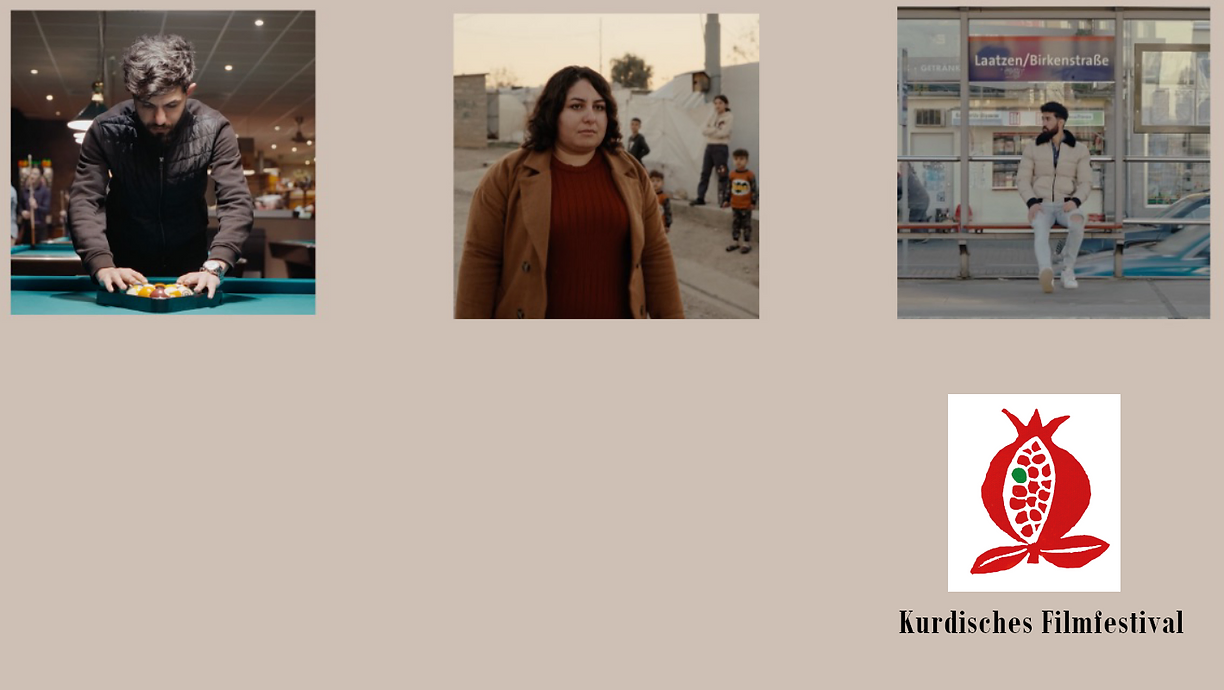
November 2024
Kurdish Film Festival: "Yezidian Voices - Our sun Never Sets"
The documentary film “Yezidian Voices – Our sun Never Sets” by Talea Rullkötter, Jiwan Hasen and Clara Schillinger was shown as part of the 15th Kurdish Film Festival Hamburg.
Aras, Shireen and Ziyad survive the genocide of the Yazidis (Ezidis). In 2014, “IS” destroyed their families, their home and their future. The consequences are slavery, mass shootings and flight.
The three Yazidis (Ezidis) are more than just survivors. In addition to the unimaginable suffering they have experienced, the film shows their courage, strength and self-confidence. They try to fight their trauma head-on and give a voice to the injustice that was done to them.
All dates and the idea behind the series of events can be viewed here.
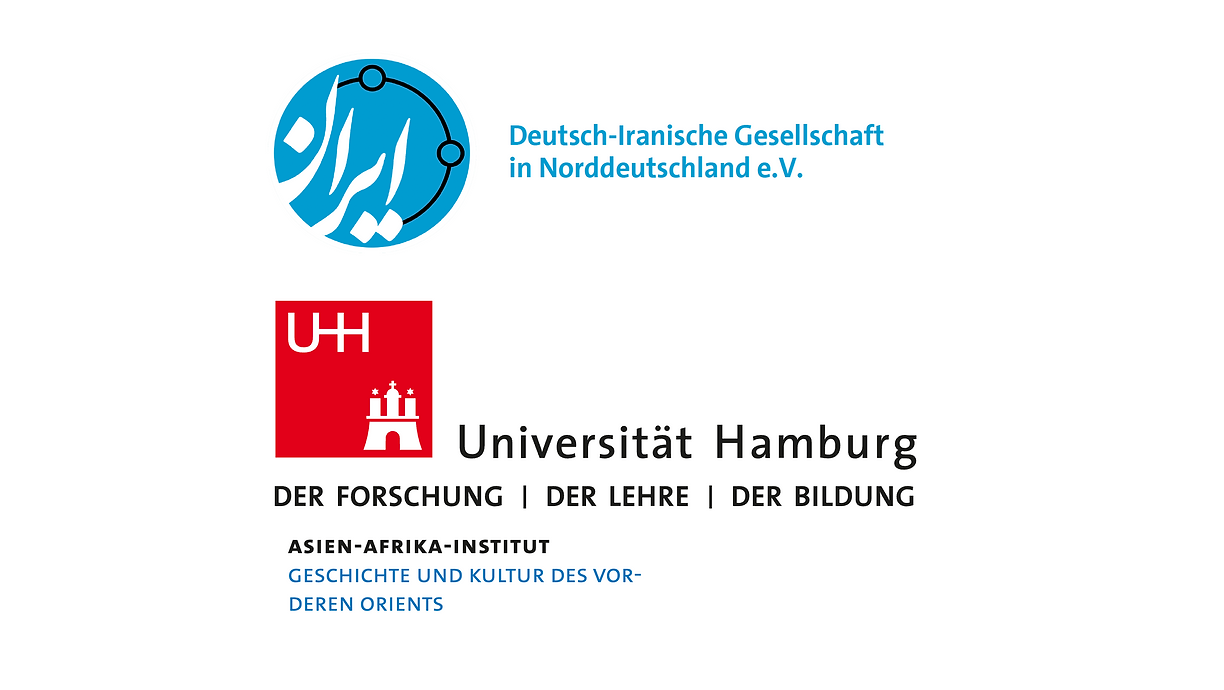
November 2024
Lecture: "Yazidis and Yazidism: From stereotypes to self-determination"
On 7 November, the Deutsch-Iranische Gesellschaft in Norddeutschland e. V. and the Department of History and Culture of the Middle East (Iranian Studies) at the University of Hamburg organised a lecture on Yazidism (Ezidism) with Sebastian Maisel (Leipzig). The lecture was held at the Asia-Africa Institute of the University of Hamburg.
The Yazidis (Ezidis) are an ethno-religious community that became known primarily due to centuries of persecution by Muslim extremists. The last genocide in 2014 also brought them into the public eye in their new homeland in Germany. Stereotypes, false descriptions and categorisations as well as open discrimination characterise the discourse about the community, which sees itself as an ancient religion of angels. Academia has so far done little to correct this dangerous portrayal. As a direct result of the social transformation of Yazidis (Ezidis) after the genocide, there are now new approaches to reassessing the history, religion and culture of Yazidis (Ezidis), e.g. in the form of projects and programmes co-designed and implemented by Yazidis (Ezidis). These are mainly concerned with questions of identity and education. The role that academia and its institutions can play in this is also explained in more detail in this lecture.
Sebastian Maisel has been Professor of Arabic Language and Translation Studies since 2018 and heads the Language Education and Translation Studies Department at the Oriental Institute. His research focusses on sociolinguistics, didactics of Arabic and identity issues among minorities in the Near and Middle East.
All dates and the idea behind the series of events can be viewed here.

October 2024
Lecture and discussion: "Sinjar after the genocide"
On 16 October, the Rosa Luxemburg Foundation Hamburg organised a lecture and discussion with Dr Thomas Schmidinger, sponsored by the Landeszentrale für politische Bildung Hamburg. The event took place in Werkstatt 3.
The genocide of the Yazidi (Ezidi) by “IS” has permanently changed the social and political conditions in the Shingal region of Iraq. Ongoing political tensions, Turkish airstrikes on local militia positions and the slow pace of reconstruction have meant that even ten years after the genocide, not all survivors have returned.
Political scientist Thomas Schmidinger (University of Kurdistan Hawler and University of Vienna) has researched and published extensively on Sinjar in recent years. He will provide an overview of the political developments since the genocide.
Image: Sinjar city centre in summer 2019, after the war with “Islamic State”. © Levi Clancy / Public Domain
All dates and the idea behind the series of events can be viewed here.
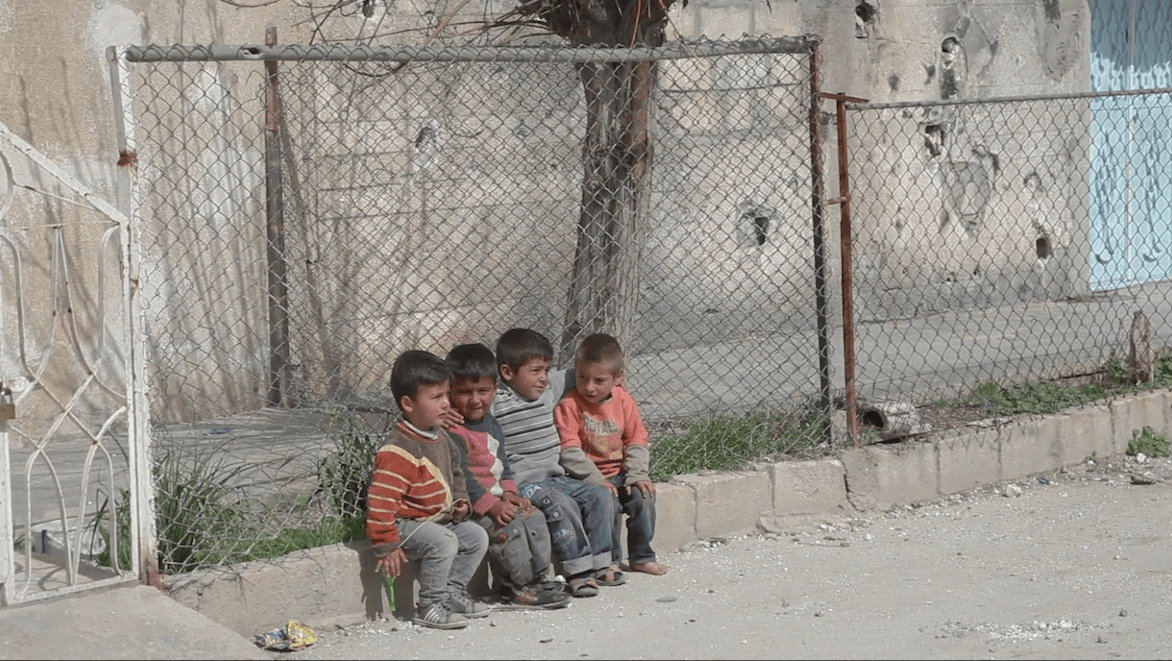
October 2024
Film screening: "My Paradise"
In October, the Metropolis cinema in Hamburg screened the film “My Paradise” by Ekrem Heydo.
An old class photo takes the Yazidi (Ezidi) director Heydo back to his home in Serêkaniyê (Ras el-Ain) in the Kurdish part of northern Syria 25 years later. The photo depicts the region’s multi-ethnic society of Arabs, Kurds, Chechens and Armenians, which has been divided into different ethnic and religious camps since the outbreak of the Syrian civil war. Ekrem Heydo does not find all of his classmates again – one was killed, others fled, leaving possessions and friends behind. The journey into the past becomes a search for the foundations of coexistence in a politically unstable region.
Ekrem Heydo was born in Serêkaniyê, northern Syria, in 1973. He came to Germany in 1995 for political reasons. After training in cinematography and editing, he studied film directing. He has lived and worked in Berlin since 2006.
All dates and the idea behind the series of events can be viewed here.
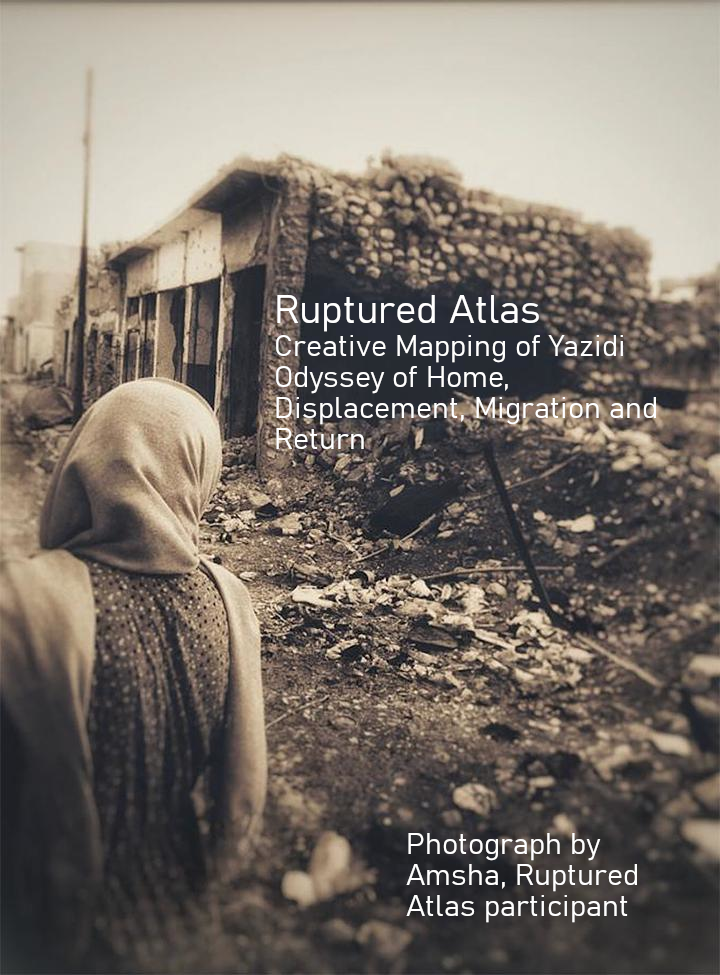
October 2024
Participation in the final symposium of Ruptured Atlas
Ruptured Atlas (December 2023 – December 2024) is an innovative spatial architectural heritage of more-than-inhabitation project that employs creative, participatory mapping techniques to document the intricate and multi-layered built-environments and journeys of the Yazidis over the past ten years (since the 2014 Yazidi Genocide).
Our representative Dr Leyla Ferman took part in the project’s final symposium on 3 October.
September 2024
Reading: Daughters of the Sun
In their book Keçên Rojê – Daughters of the Sun, authors Claudia Ruhs and Sebra Xaltî bring together the voices of Yazidi (Ezidi) women who talk about life and culture in their homeland, the attack by “IS”, their flight, their fight for survival and their situation as refugees in Germany. Irene Dulz (author of: Die Yeziden im Irak, 2001) gave a thematic introduction. The reading was accompanied musically by Simav Hussein, a well-known Kurdish singer who performs traditional Kurdish folk songs with her own interpretation. As part of the joint Hamburg event series, ikw e.V. organised the reading, which was sponsored by the Landeszentrale für politische Bildung Hamburg, with the support of dock europe e.V..
All dates and the idea behind the series of events can be viewed here.
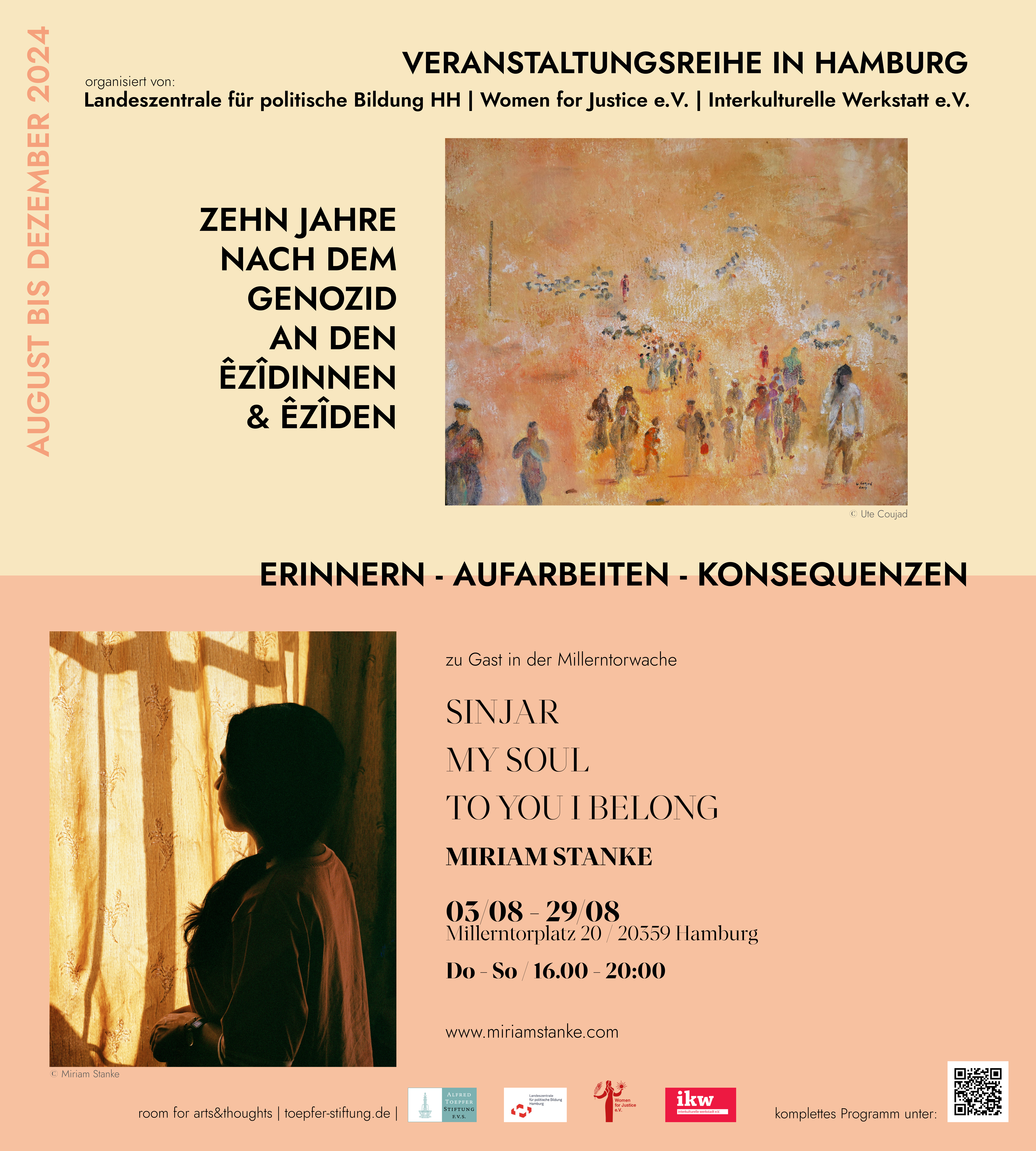
August 2024-Juni 2025
10 years after the genocide against the Yazidis (Ezidis) - series of events in Hamburg
Women for Justice e. V., the Interkulturelle Werkstatt e. V. and the Landeszentrale für politische Bildung Hamburg have organised a series of events in Hamburg entitled “Ten years after the genocide against the Yazidis (Ezidis) | Remembering – Coming to terms – Consequences”. The event formats are varied: Exhibitions, lectures, film screenings and discussion events. Some of them are organised in cooperation with other partners.
All dates and the idea behind the series of events can be viewed here.
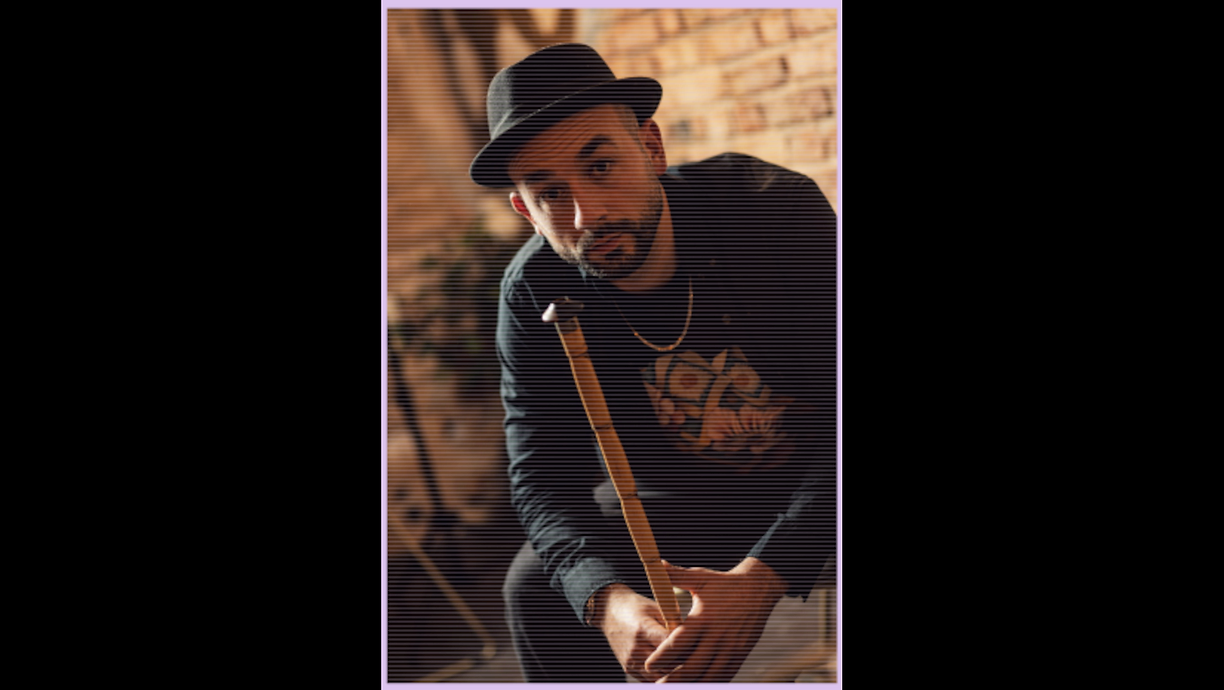
August 2024
Musical commemoration of the massacre in Koco (Sinjar)
A broken wristwatch lies on the steps of a house in Koco (Sinjar). In August 2014, the village was besieged for several days, followed by the targeted killing of 600 people, almost all male residents and older women. The younger women were abducted and sold as slaves. Today, the village serves as a memorial. Six mass graves have been found to date.
On 15 August, Women for Justice e.V. and interkulturelle Werkstatt e.V. in Hamburg organised a musical commemoration with Tayfun Guttstadt (Ney) as part of the exhibition Sinjar, My Soul, To You I Belong with photos by Miriam Stanke.
All dates and the idea behind the series of events can be viewed here.
August 2024
3 August: Commemoration of the tenth anniversary of the genocide against the Yazidis (Ezidis)
On the morning of 3 August 2014, fighters of the so-called „Islamic State“ attacked Yazidi (Ezidi) villages in Sinjar. This was the beginning of the genocide: those who could not flee were killed or enslaved and raped. Thousands of Yazidis (Ezidis) were murdered and more than 400,000 people were forced to flee their homes. „IS“ abducted over 6,000 people, mainly women and children, and around 1,800 of them are still in the hands of the Islamists today.
On Saturday, 3 August 2024 – the tenth anniversary of this genocide – Women for Justice e.V. organised a commemoration in front of the Hamburg tree at Millerntor in cooperation with interkulturelle Werkstatt e.V.
The speakers were: Gülcan Şengal, Dr Oliver von Wrochem (Chairman of the Hamburg Memorials and Learning Sites Foundation in memory of the victims of Nazi crimes), Dr Leyla Ferman (representative of Women for Justice e.V.), Susanne Kondoch-Klockow (Chairwoman of the Auschwitz Committee) and a survivor of the 2014 genocide. Cemile Dinçer provided musical accompaniment to the commemoration.
This was followed by the vernissage of Miriam Stanke’s Sinjar My Soul To You I Belong photo exhibition at the Millerntorwache. The exhibition will be on display at the Millerntorwache until 29 August 2024.
All dates and the idea behind the series of events can be viewed here.
August 2024
AK Asyl information stand in Bielefeld
On 3 August, AK Asyl held an information stand in Bielefeld. The occasion was the 10th anniversary of the genocidal femicide of the Yezidis in Shingal. Interested people took flyers and looked at the photo exhibition organised by the Kurdish university group in Bielefeld. The donations collected were handed over to Women for Justice and will be used for the organisation’s projects. Thank you very much for this!
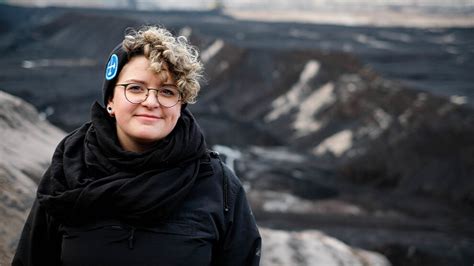
June 2024
Podcast workshop
In June, we organised a workshop on creating podcasts with Sina Reisch as a speaker. Together with Indigo, Sina Reisch makes the German-language podcast “Geschichte der kommenden Welten” and shared her knowledge and expertise with our members. In the coming months, two young Yazidi women from Women for Justice want to produce a podcast from their own perspective.
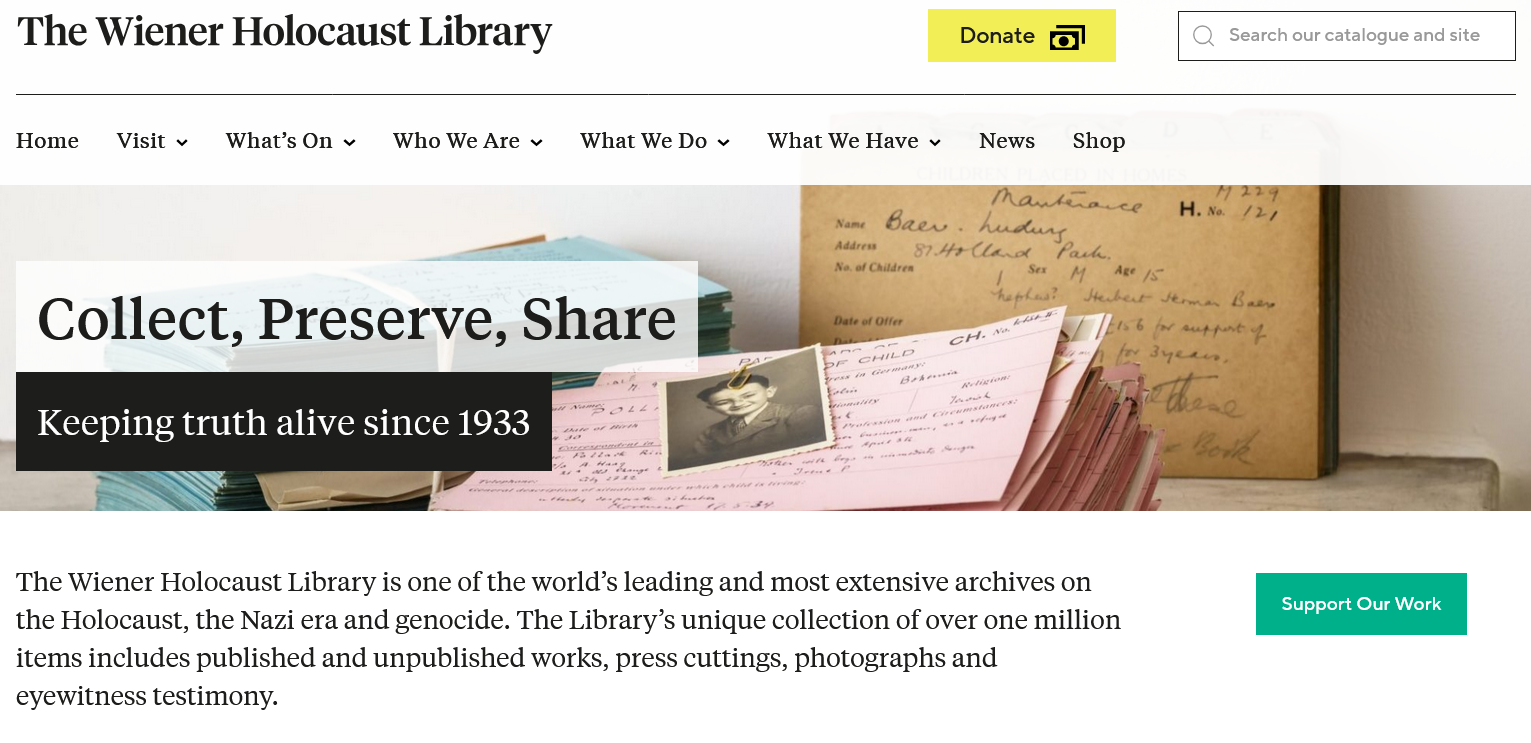
May 2024
Exchange with the "Wiener Holocaust Library"
Members of Women for Justice exchanged ideas with the “Wiener Holocaust Library” about working with archives. The exchange is an important part of further developing the work on an archive regarding the genocidal femicide of the Yazidis (Ezidis), which was started 10 years ago by the self-proclaimed Islamic State.
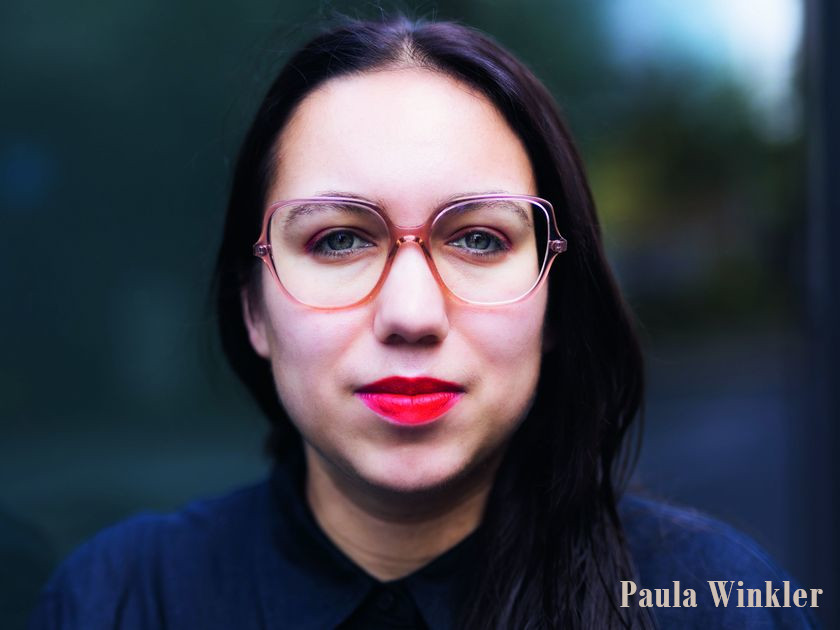
April 2024
Attendance at the reading "74" by Ronya Othmann
“After `Die Sommer`, Ronya Othmann presents a contemporary testimony of international relevance with her second novel. She wants to find a form for the unspeakable, the genocide of the Ezidi population, the seventy-fourth, committed in 2014 in Shingal by IS fighters,” writes the Literaturhaus Hannover. Members of Women for Justice, including genocide-feminicide survivors, attended the reading in Hanover together.
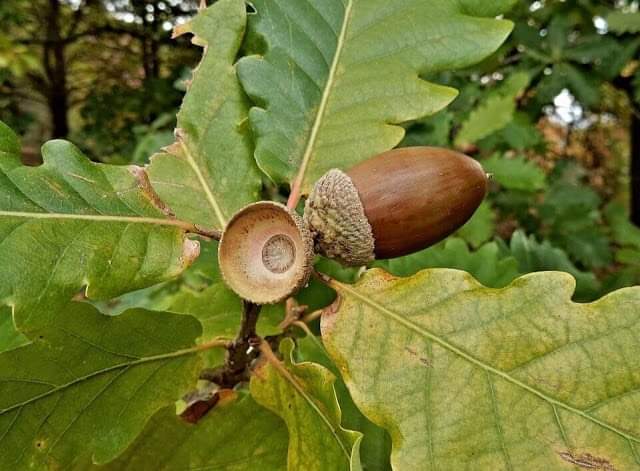
March-July 2024
Planning: A year of remembrance in Hamburg
There are several associations and institutions in Hamburg that are organising and implementing events and activities to mark the 10th anniversary of the genocide of the Yazidis (Ezidis) for one year from 3 August this year. The Hamburger Landeszentrale für politische Bildung (Hamburg State Agency for Civic Education), Women for Justice e.V. and IKW e.V. are the organisers.
As part of this focus, we want to plant trees in Hamburg together with others in memory of Yazidis (Ezidis) and their children who are still in “IS” captivity. The idea is to plant trees and life for them.
Permanent Activity
Meeting female survivors
We understand meetings with female survivors as the basis of all our work. We have been meeting female survivors from Sinjar (Şengal) both as inviduals and in groups. Besides social care and legal advice, we try to find out methods to enable Yazidi (Ezidi) survivors to make their own decisions in life here in Germany.
